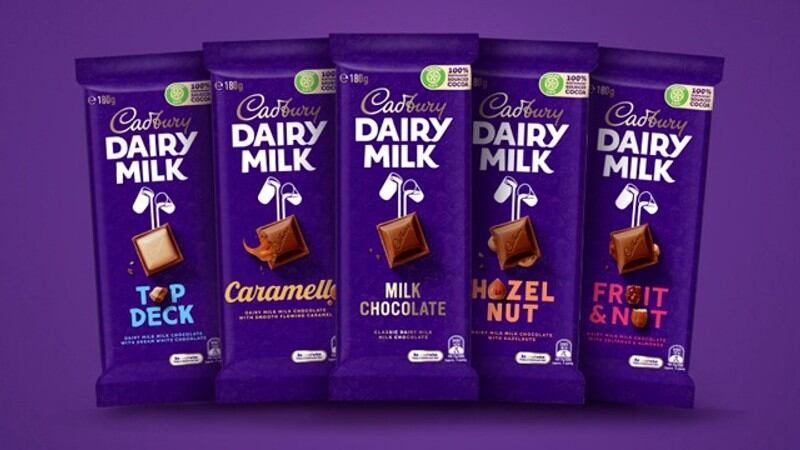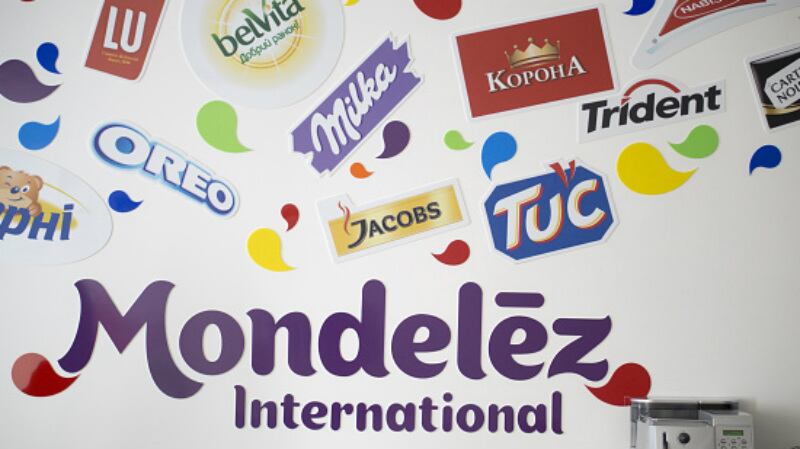The use of soft plastic packaging is extremely widespread in the food and beverage industry, especially when it comes to the packaging of dry and processed food items such as snacks, bakery and confectionery.
Traditional soft plastics have also long come under fire from environmental groups for being a major contributor to environmental pollution, given these have conventionally been single-use and are known to be incredibly difficult to decompose.
This is a difficult conundrum for food and beverage manufacturers as this packaging is still needed in order to ensure food freshness, safety and extend shelf life – so many firms such as Mondelez believe that the recycling and use of recycled soft plastic packaging is crucial to ensure sustainability can be achieved within the sector.
“Until recently, soft plastic packaging has been limited to being considered solely as a single use material, but new technology [is rapidly changing this],” Mondelez CEO Dirk Van de Put said.
“The development of [such] advanced recycling technology and significant investment in recycled soft plastic means it’s now possible for Cadbury [products to be produced] more sustainably in Australia.
“[This is] a significant move for Mondelez towards meeting Australia’s 2025 packaging targets and supporting a circular economy for packaging.”
Van de Put said this after announcing the implementation of 30% recycled plastic for all family block products in the company’s Cadbury Dairy Milk, Caramilk and OId Gold ranges in Australia, a move expected to prevent the formation of some 120 tonnes of plastic in landfill.
“This is just the beginning of our journey to use more recycled plastic in our packaging, which we started by targeting our larger packaging sizes [in the family block products] to maximise our impact,” he said.
“That said, we’re committed to using more recycled plastic in our packaging in the coming years, as access and availability of advanced recycling technology increases.
“Importantly, the new packaging still looks and feels the same with Cadbury’s well-known purple colours and the chocolate taste will remain identical to previously – but this new packaging is much more sustainable.”
Mondelez is one of the largest chocolate manufacturers in Australia, and its push to not keep soft plastic packaging on the sidelines when it comes to sustainable packaging discussions is a significant one for the industry and could be the much-needed boost the local recycling industry requires.
Soft plastic’s role in Australia’s 2025 packaging targets
As part of Australia’s 2025 National Packaging Targets established by Australian Environment Ministers back in 2018, key targets over the next three years are to have 100% of packaging reusable, recyclable or compostable; for 70% of existing plastic packaging recycled or composted; for 50% of average recycled content included into packaging; and to phase out ‘problematic and unnecessary’ single-use plastic.
Soft plastics have long been classified as single-use plastics, as highlighted earlier by Van de Put, and on this basis it would seem that these were on their way out after the targets were established - but this new advancement now casts doubt on that scenario.
“This move by Cadbury to use recycled content in their soft plastic packaging demonstrates that demand exists for this material in Australia,” Australian Food and Grocery Council (AFGC) CEO Tanya Barden said via a formal statement.
“This will help give confidence to the recycling and packaging supply chain to invest in Australian advanced recycling facilities that can process this material [which is crucial as] Australia currently lacks the ability to recycle soft plastic packaging back into food-safe packaging.
“Soft plastic packaging [still] plays an important role [in the food sector as] it keeps food fresh, reduces food waste and helps keep products safe – [what is needed is to] create a circular economy for soft plastics here in Australia, and local food and grocery manufacturers are taking the lead to help do this via AFGC.”
So if the recycling of soft plastics is truly achieved on a widespread scale at a national level, it could very well be that soft plastic packaging is here to stay until a better, more environmentally-friendly alternative is found.



